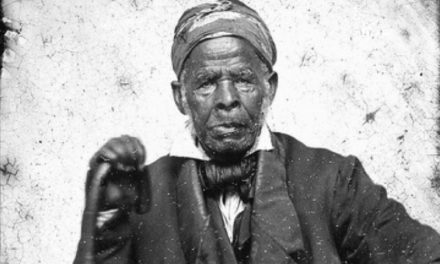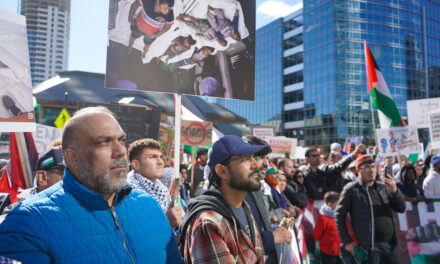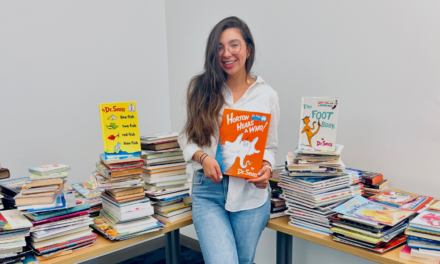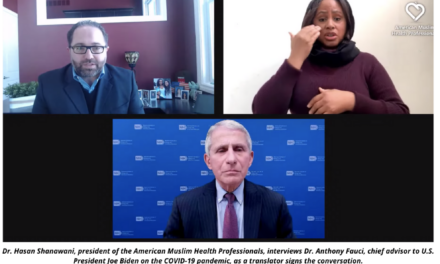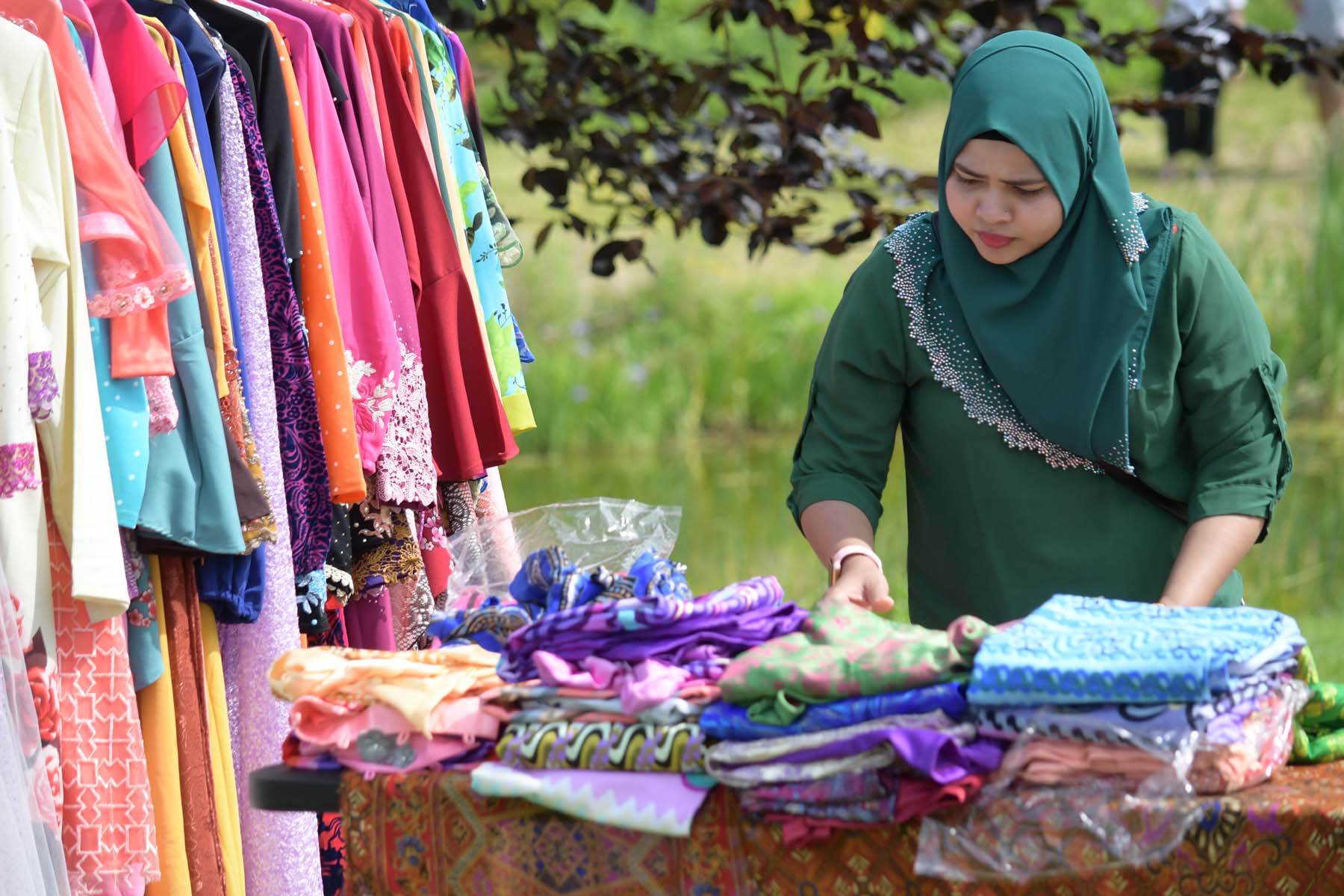
Photo by Lila Aryan Photography
At Lynden Sculpture Garden’s 2019 World Refugee Day, a refugee displays clothing from her native land.
If you’d like to try street food from around the world, learn batik dye techniques, create arts and crafts, enjoy the Brazilian Samba music of Samba da Vida MKE, multilingual storytelling and a poetry walk, all while supporting one of the most important causes of our times, mark your calendars for the HOME World Refugee Day celebration, Sunday, June 26.
World Refugee Day will be observed Sunday, June 26, from 11 a.m. to 4 p.m., at Lynden Sculpture Garden, 2145 W. Brown Deer Road, River Hills. This marks the fourth year it’s hosted at Lynden.
HOME, the moniker for the work Lynden Sculpture Garden does with refugee community leaders, local community leaders and allies to engage Milwaukee’s refugee community with the greater community. It is supported by Anthem, Hanan Refugee Relief Group Milwaukee Chapter, Interfaith Conference of Greater Milwaukee, Milwaukee Muslim Women’s Coalition, Wisconsin Department of Children and Families, University of Wisconsin-Milwaukee’s Institute of World Affairs, Medical College of Wisconsin’s Our City of Nations Conference, Hayat Pharmacy, Milwaukee Public Library and Community Center for Immigrants
The event begins with a welcome that includes a land acknowledgment and prayers led by Milwaukee’s refugee faith leaders and representatives. This interfaith prayer service began in 2021 when the Interfaith Council of Greater Milwaukee joined HOME to celebrate the contributions of refugees to Milwaukee.
Food and festivities from around the world
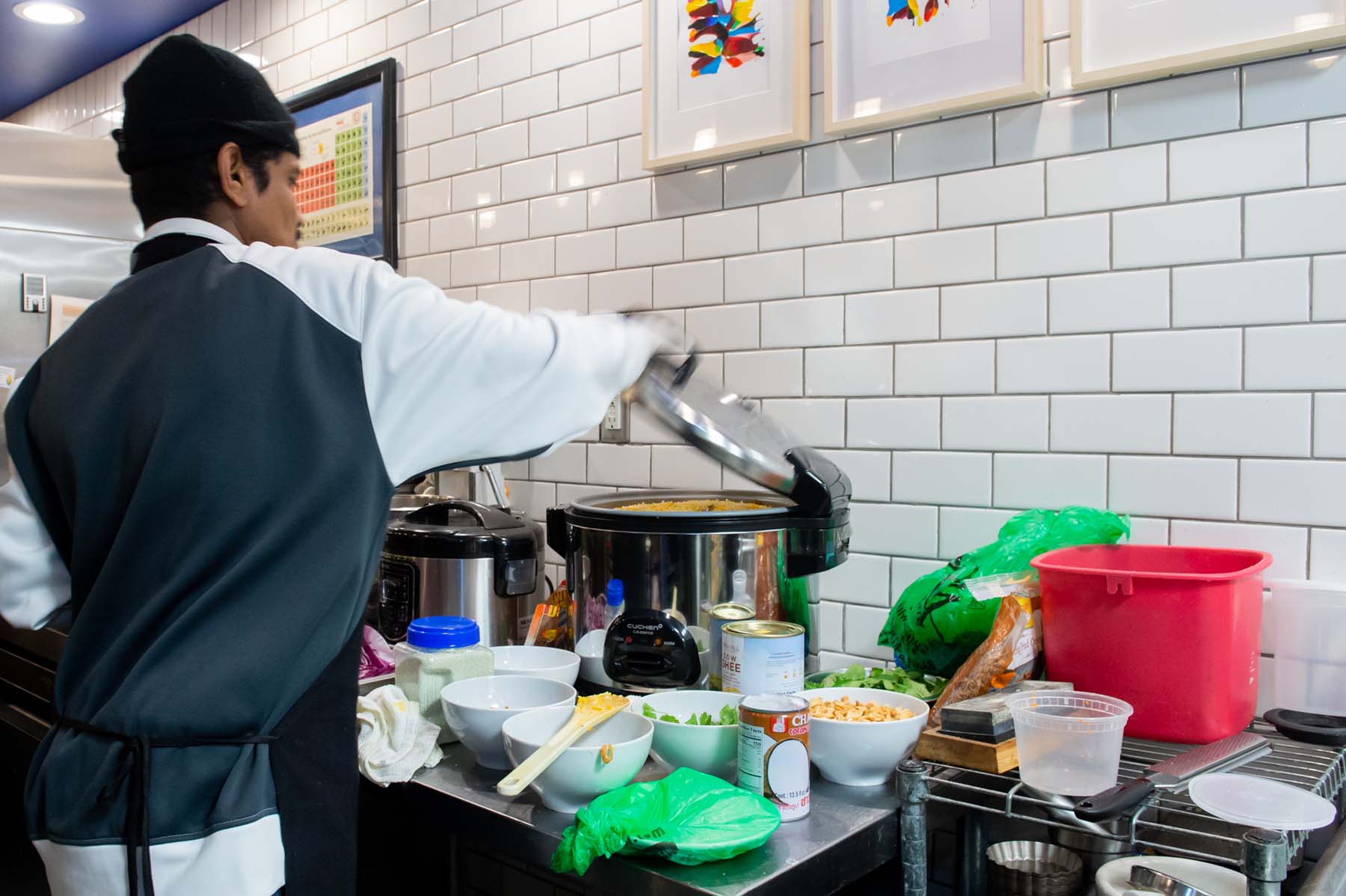
Photo by Mouna Photography
Refugee chefs share their native cuisines through Tables Across Borders, which is organizing a variety of street food for the World Refugee Day celebration at Lynden Sculpture Garden.
Tables Across Borders, a global food collaboration highlighting the cuisines of refugee chefs in Milwaukee, will create a street food bazaar. It will feature food from the Karen (an ethnic group from Burma/Myanmar), Afghan, Ethiopian and Somali refugee communities. Food is free but donations are accepted and encouraged, said Kai Gardner Mishlove, founder and organizer of Tables Across Borders in a telephone interview today.
Tables Across Borders started in 2019 as a pop-up global food project that grew out of Gardner Mishlove’s work as program coordinator for refugee services at Aurora Walker’s Community Point Clinic on Bruce Street and other volunteer work with refugee communities. She left that post to become the Jewish Community Relations Council director in May 2021, but continues her volunteer work with refugees, including Tables.
During the pandemic, when Gardner Mishlove became aware of a rise in food insecurity, the project transitioned to charity food giveaways. Tables would bring chefs to Damascus Gate on Milwaukee’s Southside every Saturday to prepare food that was given away to anyone who needed it. Later it provided online cooking demonstrations.
“This project brings people together and keeps cultures alive,” Gardner Mishlove said. “I’m particularly interested in highlighting how food helps a community sustain itself during desperate migrations through time and space. When migrating, familiar foods, spices and indigenous plants might not be readily available. Sometimes there will be a fusion of what they traditionally made and what’s available in their new communities.”
Other activities include an Ethiopian coffee/buna ceremony; hands-on batik dyeing with Arianne King Comer (take home a T-shirt!); a multilingual story time with Claudia Orjuela and Julio Pabón; a poetry walk with poets from the refugee community and others led by artist-in-residence Chuck Stebelton; music from Samba da Vida MKE; and crafts and artworks sold to support Myanmar-based artists and Myanmar democracy movement efforts, coordinated by Aung Myo Tin.
Hayat Pharmacy will be onsite, offering COVID vaccinations.
In the gallery, HOME will open Healing Coats, an exhibition organized by Arianne King Comer featuring wearable art designed and made by refugee, immigrant, Black and Indigenous artists, tailors and community members.
Under the big tent, vendors from the HOME community and resource booths staffed by refugee-serving agencies and community-based organizations will be available.
HOME 2022 will continue to host events at Lynden Sculpture Garden throughout the summer and early fall, which will feature art, food, fashion and performance. See a complete schedule here.
World Refugee Day more important than ever
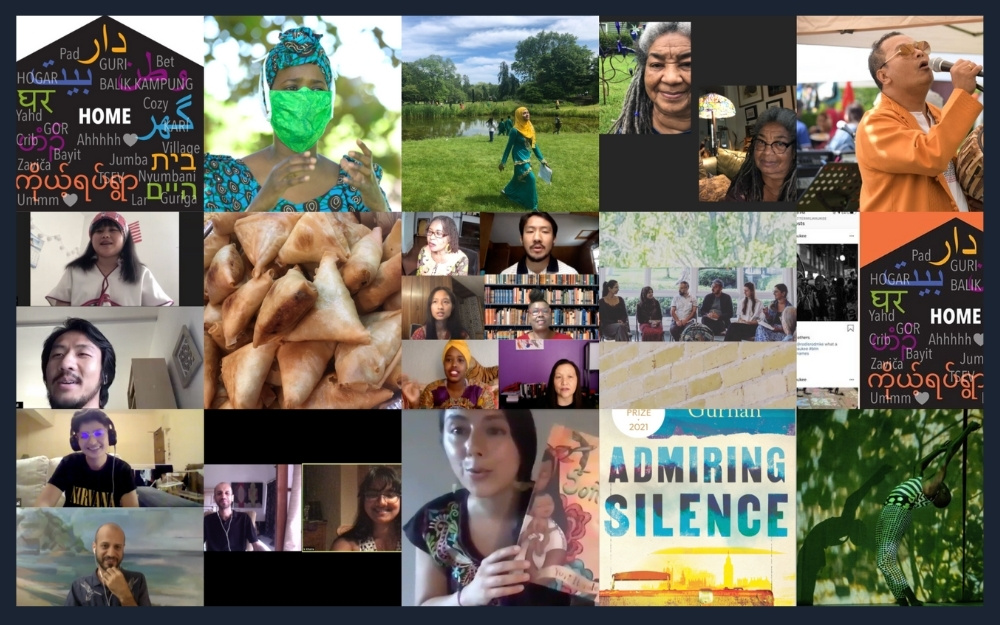
HOME, Lynden Sculpture Garden’s programs with refugee community leaders, community members, Call & Response artists and allies, builds “a space of leading, of coming together and of celebrating refugees.”
The United Nations designated June 20 as World Refugee Day to celebrate the strength and courage of people who have been forced to flee their home to escape conflict or persecution. It was celebrated for the first time in 2001.
World Refugee Day serves to shine a light on the rights, needs and dreams of refugees, and helps “mobilize political will so refugees can not only survive but also thrive.” It is an international day to honor refugees around the globe, and is an occasion to build empathy and understanding for their plight and to recognize their resilience in rebuilding their lives, says the UN Refugee Agency website.
In 2022, UNHCR estimates global resettlement needs will slightly increase to 1,473,156 persons, as compared to 2021, when 1,445,383 were estimated to be in need of resettlement. This increase is reflected in all regions except for Africa and Europe.
Despite a 4-5% decrease in the needs from last year, the Africa and Europe regions remain the regions with the highest projected resettlement needs, at 593,598 and 401,740 respectively for 2022.
For the sixth year in a row, at just over 610,000 individuals, Syrian refugees represent the population with the highest global resettlement needs. Syrian refugees account for 42% of the total needs globally, up from 41% in 2021.
Global Refugee Day supporters promote the right of anyone feeling persecution, conflict or human rights abuses to seek protection in another country. They support safe access by keeping borders open to all people forced to flee; humane treatment of all refugees; and fair consideration for all applications, regardless of factors like race, religion, gender and country of origin. They oppose pushing people back to their countries without evaluating the dangers they will face, and oppose discrimination at borders.
